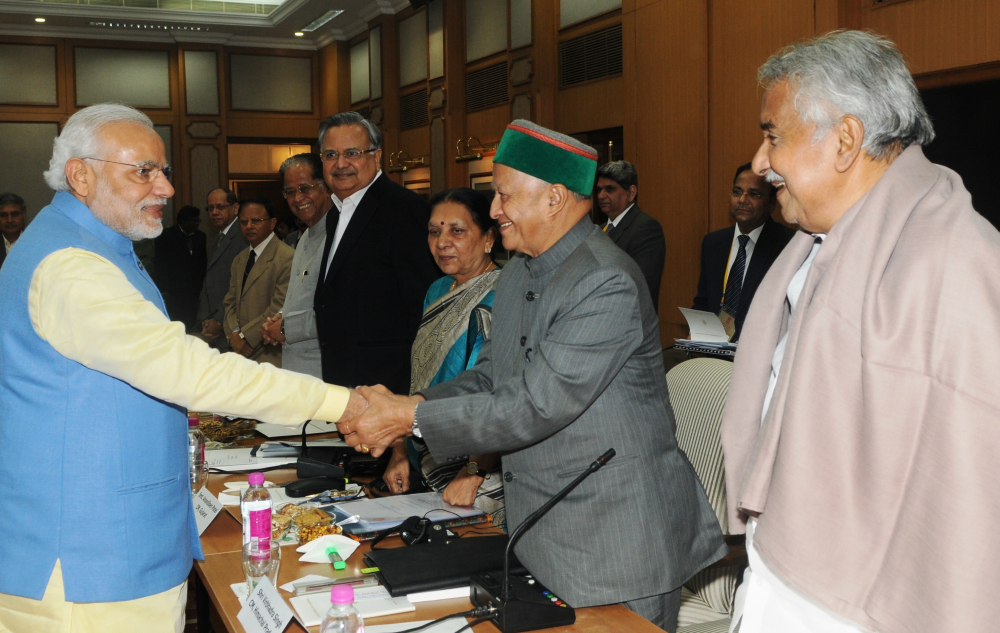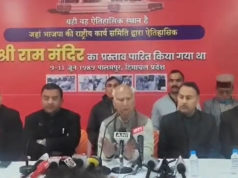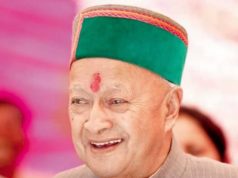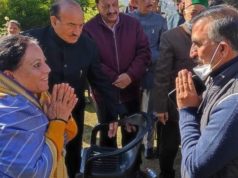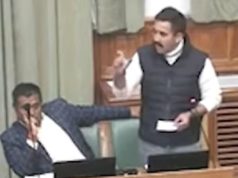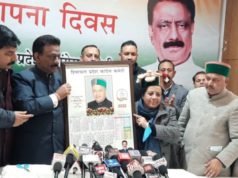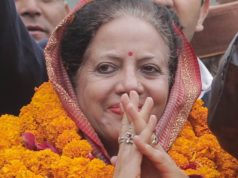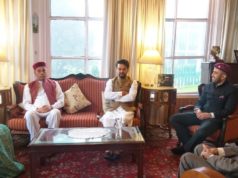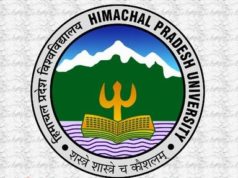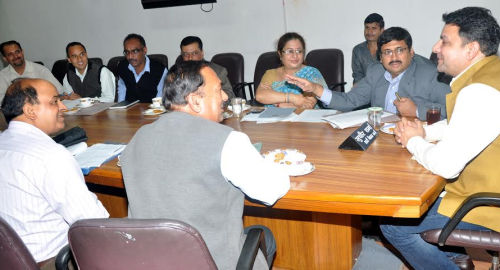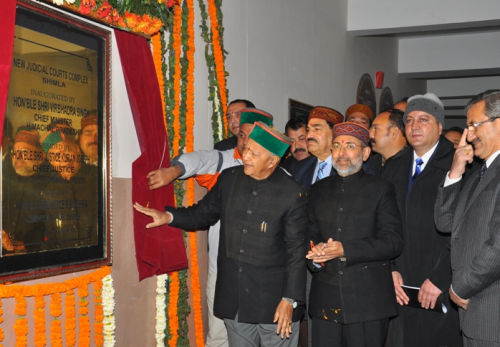To meet the challenges of economy and aspirations of the States, Himachal Pradesh stressed for the strengthening of Planning Commission functioning in its present form.
Chief Minister Virbhadra Singh, while participating in a meeting convened by Prime Minister Narendra Modi with the Chief Ministers of States at New Delhi today, stated that the Commission had played a vital role in last six decades besides assisting the States in formulation of plans in a consultative manner.
Virbhadra Singh asked for increasing allocation of total plan funds as block grants to the States from 15 to 50 present.
He also advised to continue the Commission to mediate in resolving issues that the States have with the Central Ministries. He said the move to distribute the planning functions among the Ministry of Finance and respective Ministries would result in loss of perspective and long term view. The differences in approach between Planning Commission and Ministry of Finance were always useful in providing check and balances, since the Commission always considered states viewpoints in schemes and plans.
The Chief Minister also raised the issue of environmental services and lauded Planning Commission’s initiatives on development of hilly states and livelihood issues. He said the Committee formed recommended budgetary support for environmental services to these hilly states on account of environmental services to the Nation and the other recommendations of the Committee should also be implemented.
He added that the Planning Commission also helped the state of Himachal Pradesh in providing Central State funding in the ratio 90:10 on the pattern of North East states.
Virbhadra Singh said all hilly states had been declared as special category states by the National Developmental Council in order to fulfill peculiar developmental need and this had helped to carry out development in geographically tough areas. The Planning Commission over the years helped the hill states of India in accelerating the pace of development by providing financial and technical assistance. It recognized the problems faced by hill states and made appropriate recommendations based on different studies to compensate the hill states for cost disabilities being experienced by them.


